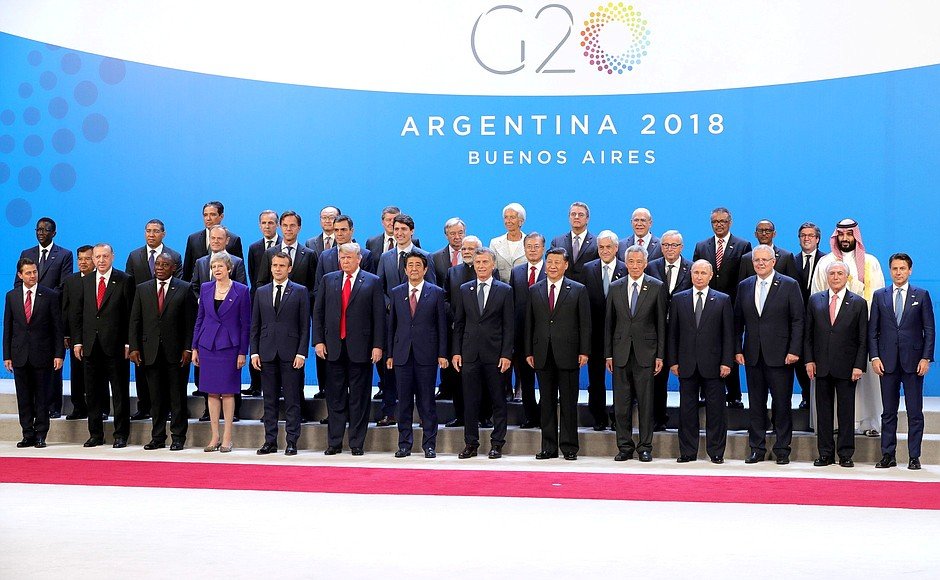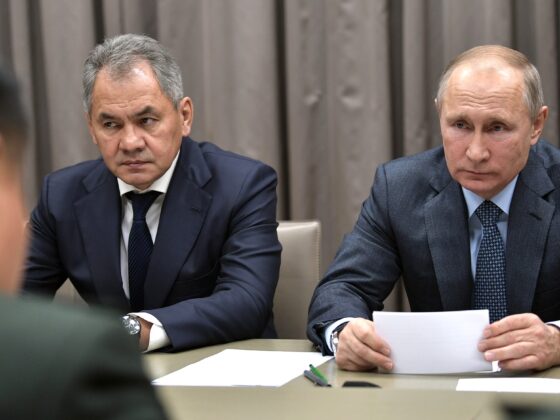(Valdai Discussion Club) On November 30-December 1, Argentina hosted a G20 summit. Although expectations had ranged from major turmoil to dead calm, apart from a few bilateral meetings, its only achievement was US President Donald Trump signing a new agreement with Mexico and Canada replacing NAFTA. Hence the questions: How functional and effective is this economic forum and what awaits it in the near future? Is it capable of restraining the growth of protectionism and trade wars? What specific measures are proposed in its final declaration? Stanislav Tkachenko, Visiting Professor at the Research Center for the Economies and Politics of Transitional Countries, Liaoning University, answers these questions in an interview with www.valdaiclub.com.
The overall impression of the recent G20 Summit in Argentina is that its usual global agenda – forestalling economic crises – has either been resolved or gone to the back burner. At least, the final declaration of the recent forum is a rather unbalanced document. The first clause actually dealing with the core agenda of the group, the mission it was established for in 2008, is only number 23. The key G20 issues are not mentioned until clauses 23 through 30: the stability of international finance, refraining from competitive currency devaluations and tax havens, the financial transaction tax (Tobin’s tax), and so on. All these dangers have indeed decreased noticeably. Over the past decade, their threat to the global economy has been reduced or almost completely eliminated. That is why the first clauses of the declaration raise rather unusual issues, more suitable for plenary sessions in Davos or at the St. Petersburg Economic Forum, where economists and politicians reflect on the future, the implications of the fourth industrial revolution or the threat of tax base erosion in certain countries. All this is very good, but it has no direct relation to the actual international relations agenda. […]
Read More © Valdai Discussion Club










